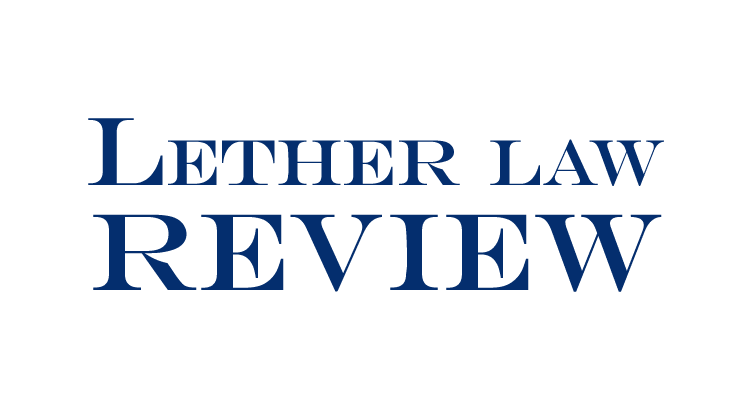- Insurance Bad Faith based on alleged violation of RCW 48.01.030 by an adjuster;
- Consumer Protection Act per se claims based on alleged violations of WAC 284-30-330 (The Unfair Claims Settlement Practices Act); and
- Consumer Protection Act per se claims based on alleged violation of RCW 48.01.030.
The Court then quickly dispensed with CPA claims against adjusters based on violations of WAC 284-30-330 because the express language of that regulation applies the standards contained therein to “insurers” only.
Finally, the majority stated that CPA claims against adjusters based on violations of RCW 48.01.030 are not cognizable because that statute does not imply a private right of action and prior case law (primarily, Tank v. State Farm) shows that CPA claims based on bad faith arise from the quasi-fiduciary relationship between insurers and insureds. The Court reasoned that, because there is no quasi-fiduciary relationship between adjusters and insureds, there is no CPA claim based on the alleged bad faith of an adjuster.
However, the dissenting justices believed that there should be a CPA cause of action against adjusters based on violation of RCW 48.01.030. Their primary arguments were that a CPA claim based on violation of a statutory duty can exist, even when that statute does not imply a right of action, and the existence of a quasi-fiduciary relationship is not a requirement for a CPA claim in any context.
Most interestingly, the dissenting opinion further stated that a bad faith cause of action based purely on the common law should be available against an adjuster.[1]Whether an adjuster has a common law duty of good faith has never been addressed before by a Washington court. In analyzing whether it should recognize such a duty, the dissenting court noted that the majority of jurisdictions that have addressed the issue have found there is no such duty in common law. Nevertheless, the dissenting court believed it should follow the minority of states that do impose a common law duty on adjusters based on the similarities regarding the other principles of common law bad faith between Washington and those states. The dissent further stated that public policy, common sense, logic and justice support imposing a common law duty of good faith on adjusters because they are most directly responsible for how a claim is handled. The dissenting court did note that this duty should be limited to knowing bad faith conduct within their control and that adjusters should not held responsible for improper policies imposed upon them by their employers.
This opinion provides both clarity and questions for insurance litigation moving forward. There is clearly no cause of action against adjusters based on violation of the good faith statute and any WACs expressly directed at insurers. However, whether an adjuster could face a cause of action for common law bad faith remains an open question of law in Washington. Unfortunately, the only source of Washington law addressing this issue is the dissenting opinion in this case.
If you have any questions regarding the effect of this case or any other issues involving Washington insurance law, do not hesitate to contact our offices.

